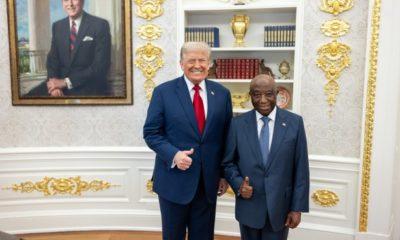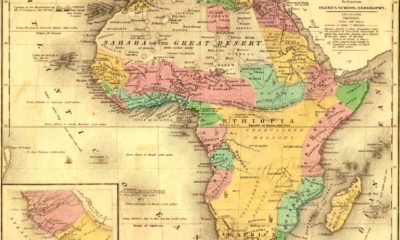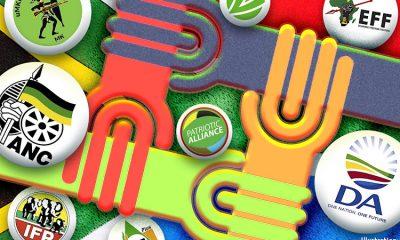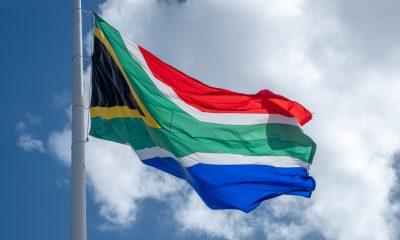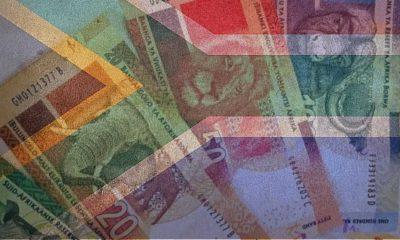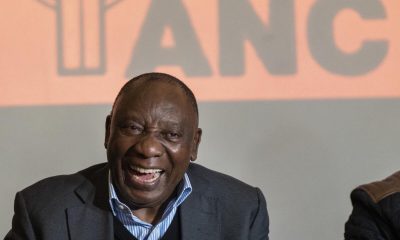News
Democracy Derailed: Military Seizes Power in Guinea-Bissau Amid Post-Election Chaos
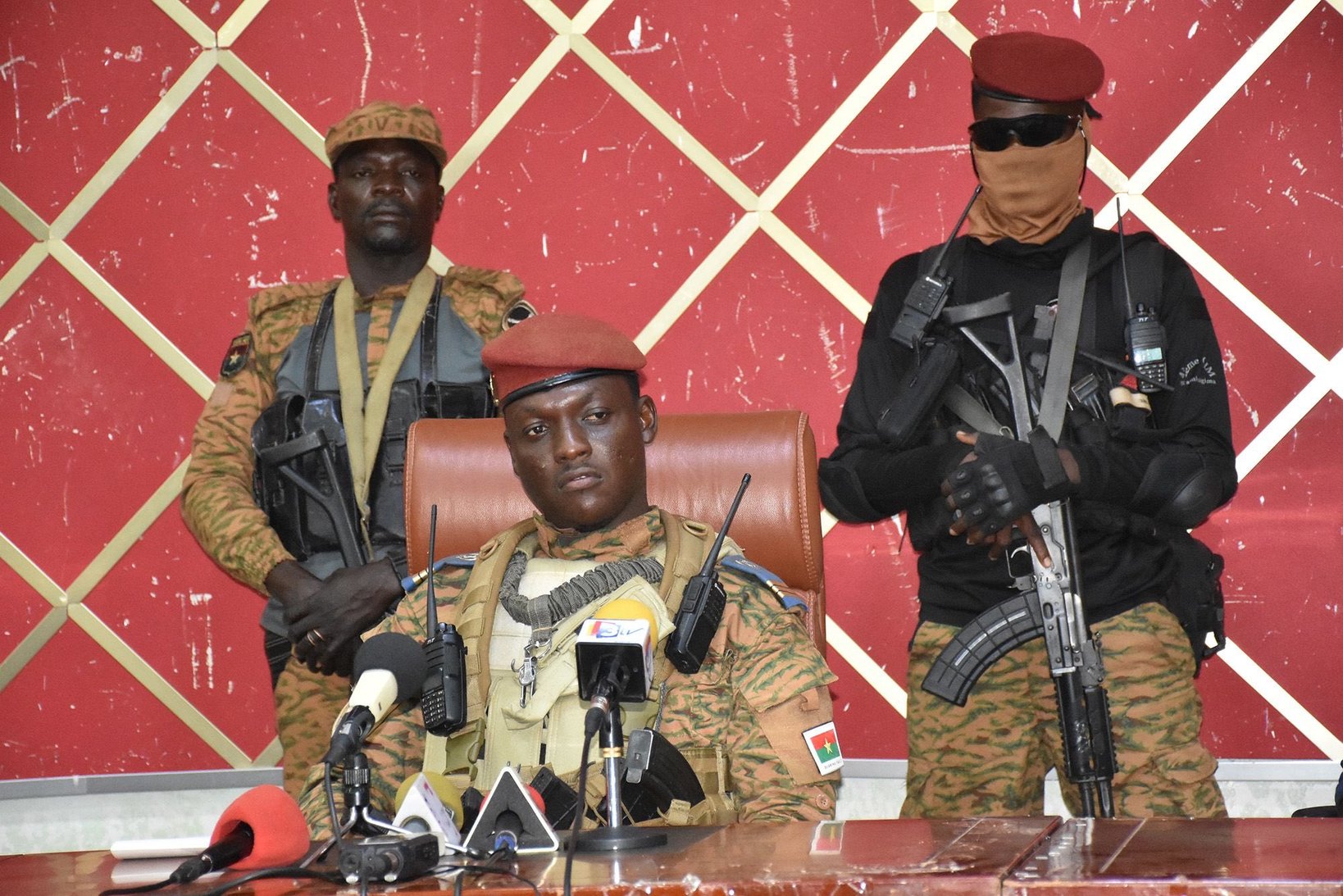
The sound of heavy gunfire near the presidential palace on Wednesday signaled the latest unraveling of democracy in West Africa. In Guinea-Bissau, a nation with a long and tragic history of political violence, the military has once again seized control, arresting the president and bringing a sudden, violent halt to a fragile electoral process.
Just three days after the country went to the polls in a general election, military officials announced they had taken “total control” of the state. The borders were sealed, a curfew was imposed, and the entire electoral process was suspended indefinitely.
A Command Surrounded by Soldiers
The stark announcement was delivered by General Denis N’Canha, the head of the presidential military office, who was seated at a table and surrounded by armed soldiers. He declared that a military command “composed of all branches of the armed forces” was assuming power “until further notice.”
He justified the takeover by claiming a plot involving “national drug lords” and the introduction of weapons to destabilize the country had been uncovered.
President Umaro Sissoco Embalo, who was favored to win re-election, was arrested and is being held at the general-staff headquarters. He was reportedly detained alongside the chief of staff and the interior minister. In a further escalation, opposition leader Domingos Simoes Pereira, who was barred from running in the election, was also arrested.
An Election Thrown Into Turmoil
The coup plunges the nation into a crisis that was already brewing. The election itself was deeply contentious. The main opposition party, PAIGC, was excluded from the ballot after the Supreme Court ruled it filed its application too late. Both President Embalo and his main rival had already declared victory, with official results expected on Thursday.
This is the fourth successful coup since the country gained independence from Portugal in 1974, and it fits a disturbing regional pattern. In recent years, Mali, Burkina Faso, Niger, and Guinea have all seen their governments toppled by military juntas.
By the end of the day, the streets of the capital, Bissau, were deserted. The military controlled the main thoroughfares, and the National Electoral Commission office had been attacked by armed men. The international community, including the UN and the regional bloc ECOWAS, expressed “deep concern,” condemning the move as a “blatant attempt to disrupt the democratic process.”
For the citizens of one of the world’s poorest nations, a crucial hub for drug trafficking, the promise of a democratic future has once again been replaced by the grim reality of gun barrels and military decrees. The path forward is uncertain, but the message is clear: in Guinea-Bissau, the ballot box remains no match for the bullet.
{Source: IOL}
Follow Joburg ETC on Facebook, Twitter , TikTok and Instagram
For more News in Johannesburg, visit joburgetc.com

